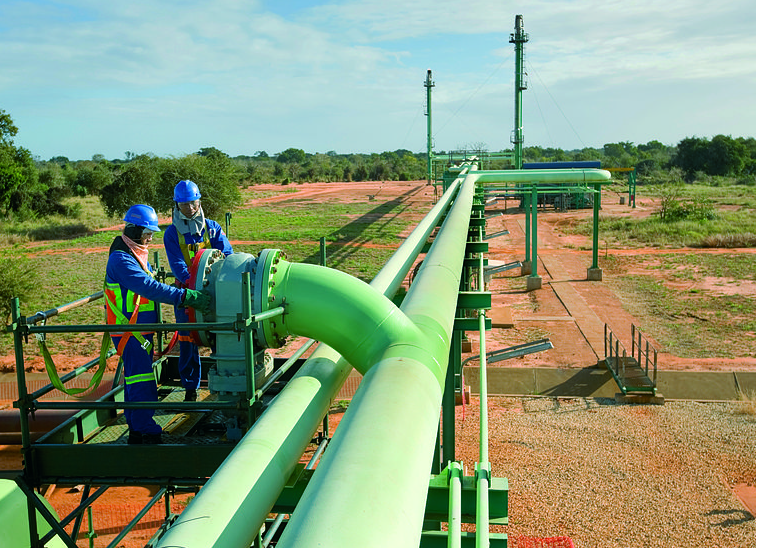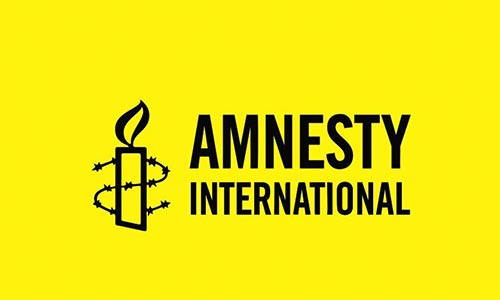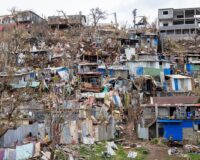The Nigerian Upstream Petroleum Regulatory Commission (NUPRC) says Nigeria may experience gas supply crisis with a potential shortfall of 3.1 billion cubic feet (bcf) per day by 2030.
Gbenga Komolafe, chief executive officer (CEO) of NUPRC, spoke during the Association of Energy Correspondents of Nigeria (NAEC) conference on Thursday.
“Between 2020 and 2030, demand for gas is expected to grow at a compound annual growth rate of 16.6% p.a. and Nigeria may face an impending gas supply crisis with potential shortfall of 3.1 bcf/day by 2030 in the ‘Base Case Demand and Supply’ scenario,” he said.
However, Komolafe said natural gas production is projected to increase from 8.0 bcf/d in 2020 to 12.2 bcf/d in 2030.
The increase, he said, would be driven by major projects such as Nigeria LNG train 7 and train 8, the Nigeria/Morocco pipeline, Ajaokuta-Kaduna-Kano (AKK) natural gas pipeline project, among others, in the ‘high case supply’ scenario.
“However, this will not meet the ‘high case demand’ scenario projected at 22.2 bcfd in 2030,” he said.
“In just a decade, the demand landscape could change exponentially, especially if the power sector challenges are resolved.
“The import of this is to showcase opportunities in gas development in Nigerian upstream sector and the need to complement hydrocarbon developments with renewables.”
As the upstream industry regulator, Komolafe said the NUPRC, through the instrumentality of the Petroleum Industry Act (PIA), is at the forefront of the drive for interventions required to achieve the decade of gas.
He said the commission would achieve this by enabling investment in cleaner hydrocarbon development through gas development as well as driving programmes such as the Nigerian Gas Flare Commercialisation Programme (NGFCP) for flare elimination and gas monetisation to foster energy sufficiency, eliminate wastages, and attend to the urgency of reducing carbon emissions.
According to the NUPRC CEO, the investment will ensure more gas would be available for domestic utilisation as liquefied petroleum gas (LPG), feedstock for power generation plants, fertiliser plants, and petrochemicals.
Komolafe said each of the areas provides a unique entry point for willing investors.







